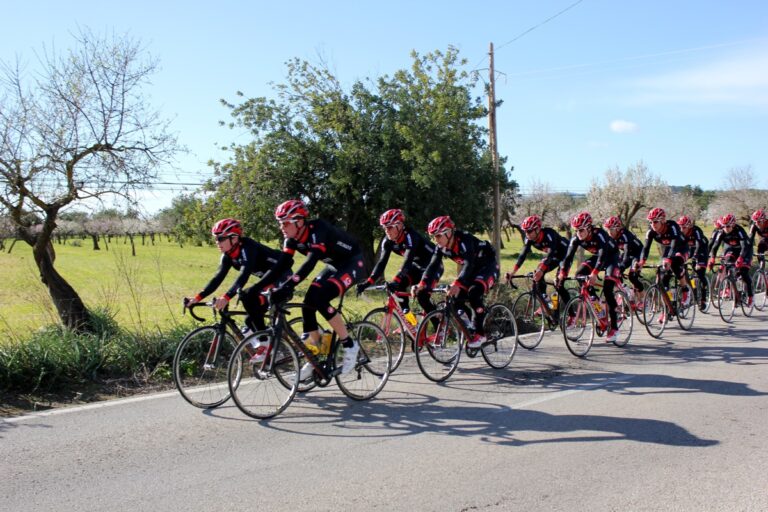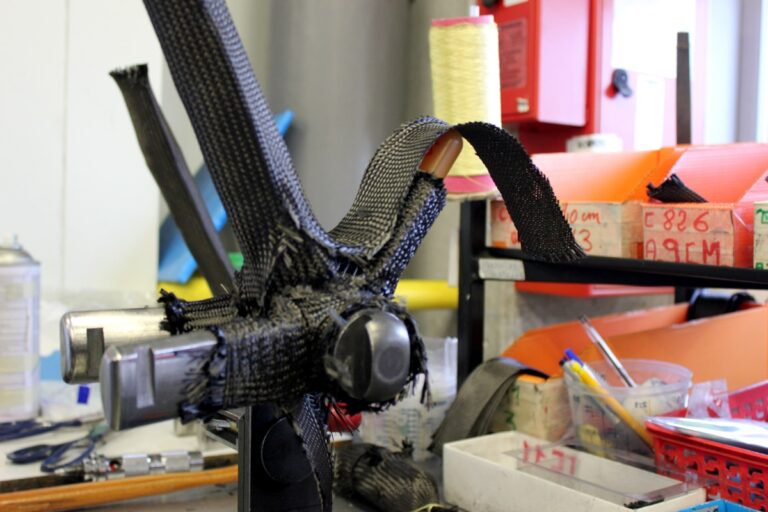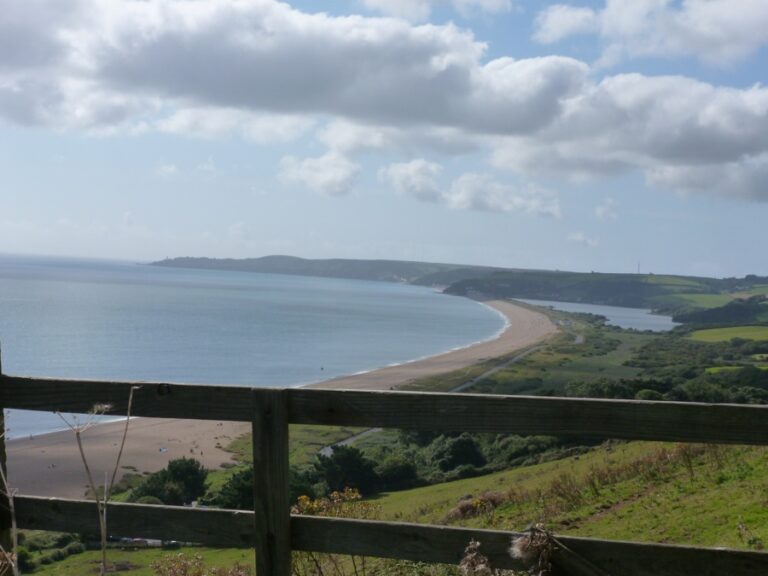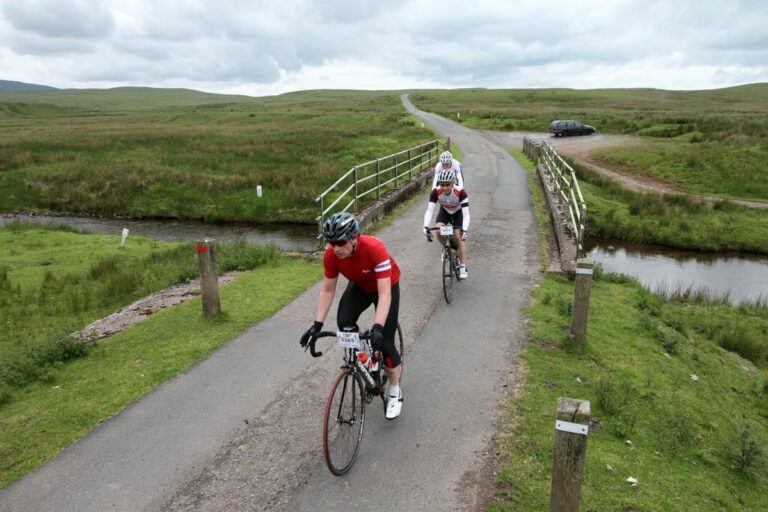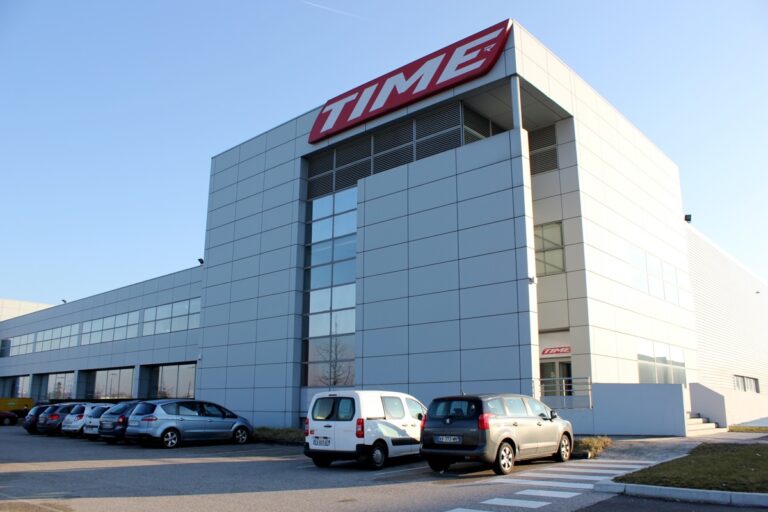The sportive season shifts up a gear this month.
March is the start of the unofficial ‘sportive season’, when better weather and lighter evenings offer a greater incentive to ride than freezing temperatures and darkness by 4pm.
But is it too late for those uninspired by months of winter gloom to get themselves in condition for the events that suddenly fill the calendar?

We asked RoadCyclingUK’s two resident coaching experts, Jo McRae and Tom Kirk, for five top tips for last minute training.
Greater rewards will come from sustained effort, of course, and 12-weeks is typically the time required for a zero to hero transformation. Check out our Bronze to Gold in 2013 series for a more detailed programme of fitness and technique.
If you’re keen to tackle an event by the end of the month, however, or to find yourself better-placed to ride any of the proliferation of events that fill April’s calendar, read on.
Turbo training
The turbo trainer is your short-term fitness friend. “It’s a great way to make the most of limited time,” says Tom, who recommends hard intervals, or longer time trial-style efforts that should get you breathing hard. If you can talk easily, you’re not working hard enough. Training DVDs are a frequent companion to efforts on the turbo trainer: check out offerings from Sufferfest and 3LC. The latter includes tips from Mark Cavendish (Omega Pharma-QuickStep) and Team Sky’s Peter Kennaugh. For Jo, one of the principal advantages of the turbo trainer is its capacity for uninterrupted training, something the road, with its numerous traffic lights and junctions, cannot.
Interval training
The turbo trainer’s capacity for unbroken efforts is matched by the ease with which interval training can be achieved. Short, sharp efforts with monitored recovery time, can be a great boost to short-term fitness gains. Jo recommends tailoring the intervals to the efforts likely to be required by the sportive. “Efforts like hills in particular,” she says. “Are they short, sharp ones? Are they long ones? How many are you likely to encounter?” Preparation for a sportive peppered with short, sharp hills can be made by completing short, sharp intervals in training. Equally, events with long, constant climbs should be met with interval training of a similar type.
Base miles
Interval work will boost your powers of recovery, but for sustained efforts to build endurance, there’s no substitute for miles. “Focus on two to three-hour rides with hills, or tempo work on the flats to make the most of your time at the weekends,” says Tom. “For long sportives, a longer ride close to your goal distance each month is a good idea.” Being confident you can finish the event is key, says Jo, and training offers the best time to remove doubt by riding a similar distance. If you’re confident of completing the course, she adds, put in training rides of about two-thirds that amount, but at a higher pace.
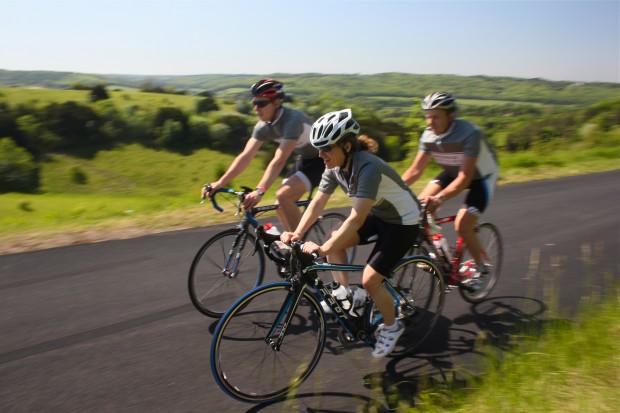
Hill reps
The spectre of hill reps will haunt anyone committed enough to make them part of a regular fitness regime. Sprinting to the top of a hill, rolling back down, and doing it all again will be low on anyone’s list of enjoyable ways to pass time, but the benefits are soon felt. For a time-squeezed cyclist with hills on a regular commute, a gentler variation can be easily encompassed, says Jo. “If you happen to go up a hill on your commute, instead of going up it once, go up it three or four times. Three or four intervals up a hill is going to give you a development in strength.” Tom recommends manipulating work and recovery times to make the most from each repetition.
Long weekend rides
For time-squeezed cyclists, weekends can offer the best time for endurance training. Jo describes weekends as the optimum time for many to build base fitness and highlights the gains in endurance and recovery of riding two days, back-to-back. “But be conscious of the fact that you don’t want to be completely exhausted,” she warns. “Be realistic, aiming at what your goal is, and not reaching too far, too soon. You’re looking for short cuts, but if you push yourself too far, you’re really going to suffer.”
Solo efforts are certainly worth while, but Tom’s advice is to ride with a group if you want to gain the additional benefit of experiencing the conditions in which you’re likely to ride a sportive. “These are great for working on the skills necessary to get comfortable moving in a fast moving sportive group and getting the best possible times,” he says. There’ll be hundreds, if not thousands of other participants, and learning to ride safely among them is almost as important as building a fitness level to go the distance. “Try to find an evenly matched group to get the best workout for everyone and minimise time spent waiting for others,” says Tom.
Recovery
It’s not all work, work, work. Recovery is the buzz word across many sports, and for cycling, it’s critical. Without it, says Tom, you won’t be fresh for harder sessions to come. “Ride hard on your hard days, but easy on your easy days,” he advises. “Take at least one to two days off per week to ensure you recover.”
His advice is echoed by Jo, who adds that for those who feel they recover better by riding, recovery efforts should be extremely easy – even a large hill on a regular route will defeat the purpose, she says. “It certainly needs to be quite strict if you’re taking an active recovery approach, to make sure you’re not taking anything out of your legs at all.”

